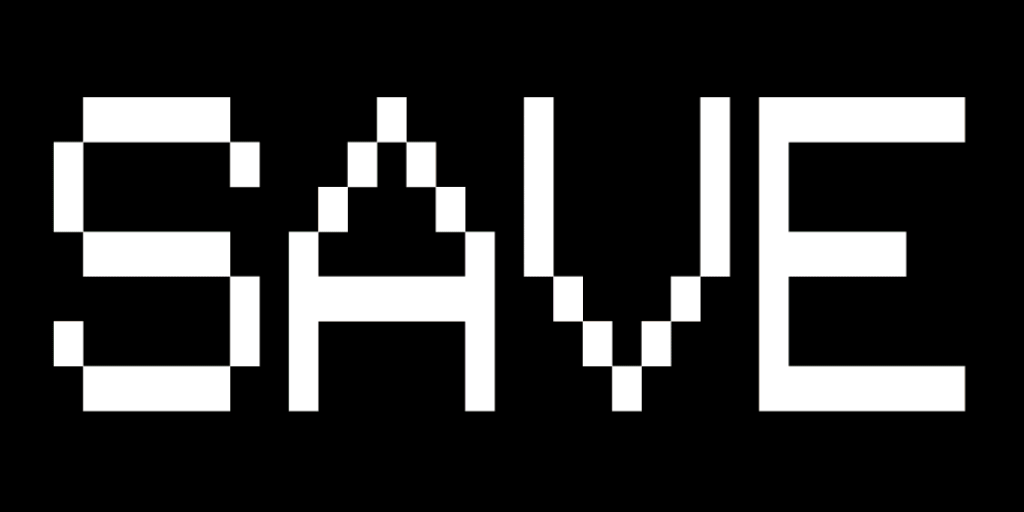Net neutrality is in jeopardy again. We need another grassroots movement
By Ashley Boyd, VP Advocacy
A little over two years ago, the mood here at Mozilla — and across the broader Internet health movement — was jubilant. The Federal Communications Commission (FCC) had voted to enshrine net neutrality as law.
The February 2015 milestone was a major victory for those who believe the Internet is a global public resource that belongs to all users, not select corporations. The order meant individuals were free to say, watch and make what they want online, without meddling or interference from Internet service providers. It was good news for business owners, web developers, entrepreneurs and anyone who streams, clicks and creates content online.
Today, the mood is less jubilant. It’s more dismal and angry. It’s “saddening and maddening,” as Mozilla Chief Legal and Business Officer Denelle Dixon wrote last month.
FCC Chairman Ajit Pai has announced his intention to gut net neutrality. His goal is clear: to overturn the 2015 order and create an Internet that’s more centralized. The FCC will vote to move his proposal forward on May 18 — just 10 days from today.
Net neutrality is about more than packets and data — it’s about upholding free speech, competition, innovation and user choice. To be clear:
Net neutrality is fundamental to free speech. Without net neutrality, big companies could censor your voice and make it harder to speak up online. Net neutrality has been called the “First Amendment of the Internet.”
Net neutrality is fundamental to competition. Without net neutrality, big Internet service providers can choose which services and content load quickly, and which move at a glacial pace. That means the big guys can afford to buy their way in, while the little guys are muscled out.
Net neutrality is fundamental to innovation. Without net neutrality, creators and entrepreneurs could struggle to reach new users. Investment in new ideas would dry up, and the Internet would start to look more and more like cable TV: so many channels, but with nothing on.
Net neutrality is fundamental to user choice. Without net neutrality, ISPs could decide you’ve watched too many cat videos in one day, and throttle your Internet speeds — leaving you behind on the latest Maru memes.
So what do we do? What worked last time: loud, bold and relentless grassroots action. In 2015, nearly four million people urged the FCC to protect the health of the Internet. We sent letters and voicemails, tweets and memes. And it worked.
Now — in the 10 days leading up to the May 18 vote — it’s time to make even more noise.
Mozilla is making it simple. Add your name to our letter, and we’ll deliver your message straight to the FCC. You can also record an impassioned voicemail using Mozilla’s call tool (see the below gif for details). So far, Internet users have recorded more than 50 hours of audio for the FCC’s ears.

Mozilla will record your voice messages and send them in an audio file to the FCC as well as play them publicly in advance of the FCC’s May 18 meeting. Messages left at this number for any other purpose will not be returned. Message content must comply with Mozilla’s Conditions of Use. Do not include personal information in your voice message. Mozilla reserves the right to edit or modify the audio file or omit any messages at our sole discretion.
We’re not alone. A broad network of individuals and organizations — millions of us — are fighting to save net neutrality. Individually, we can write one letter and record one voicemail. But together, all this creates a movement.
I hope you’ll stand with Mozilla and spend the next nine days standing up for a healthy Internet. Free speech, competition, innovation and user choice online depend on it.
Photo: Flickr via Joseph Gruber

























